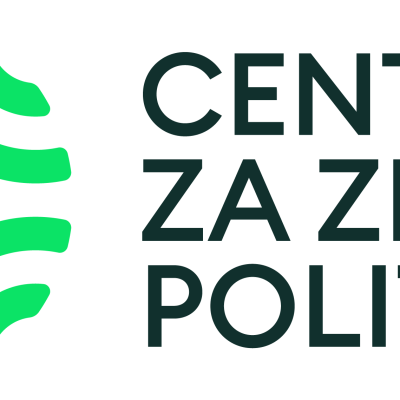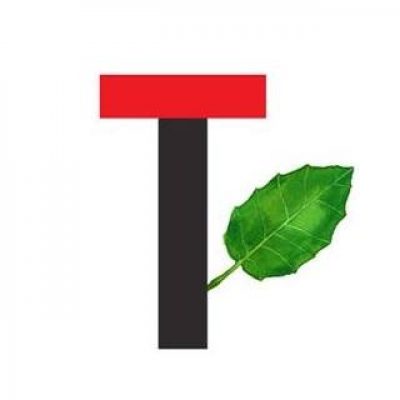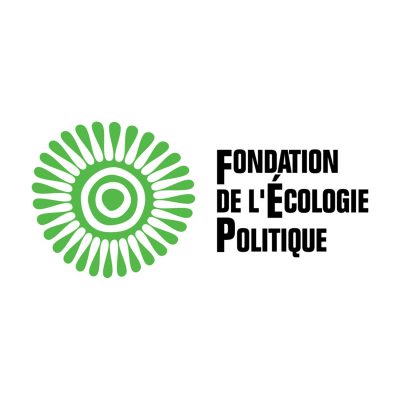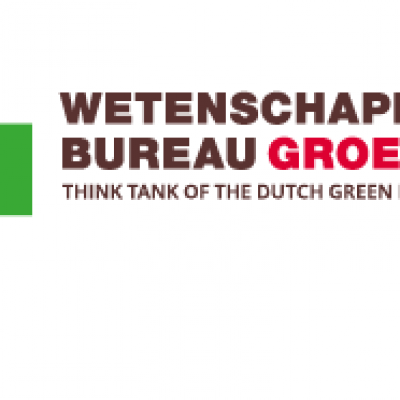
About the project
Green policies that respect planetary boundaries while allowing the economic development of the Global South can’t exist while the concept of unlimited economic growth prevails. This situation calls for a compelling narrative about a future in which we consume more frugally but live better together. However, the end of GDP growth also raises geopolitical questions. Could the EU enter the post-growth era and remain (or become) a global player? Will it be able to defend itself, its allies, democracy, human rights and a rules-based international order against external attacks? The transition to a society without GDP growth must be democratic. That is far from obvious at a time when authoritarian regimes are invading or threatening their democratic neighbours. Since the power of countries and alliances depends to a large extent on their wealth and military capabilities, a post-growth EU could be vulnerable. But in other respects, it could gain resilience. Without GDP growth, it is easier for the EU to reduce its dependence on imported energy and materials. This favours strategic autonomy and allows the EU to move beyond the neo-colonial extractivism that burdens relations with the Global South, increasing the EU’s normative soft power.
This project explores the tensions between de/post-growth and geopolitics to spark a conversation between critics of economic growth and progressive thinkers on foreign and security policy, who now often operate in separate circuits. It aims to find solutions beyond naïve anti-militarism and convenient belief in green growth.
Interviews, articles and videos made for this project will be published on geopoliticspostgrowth.eu








